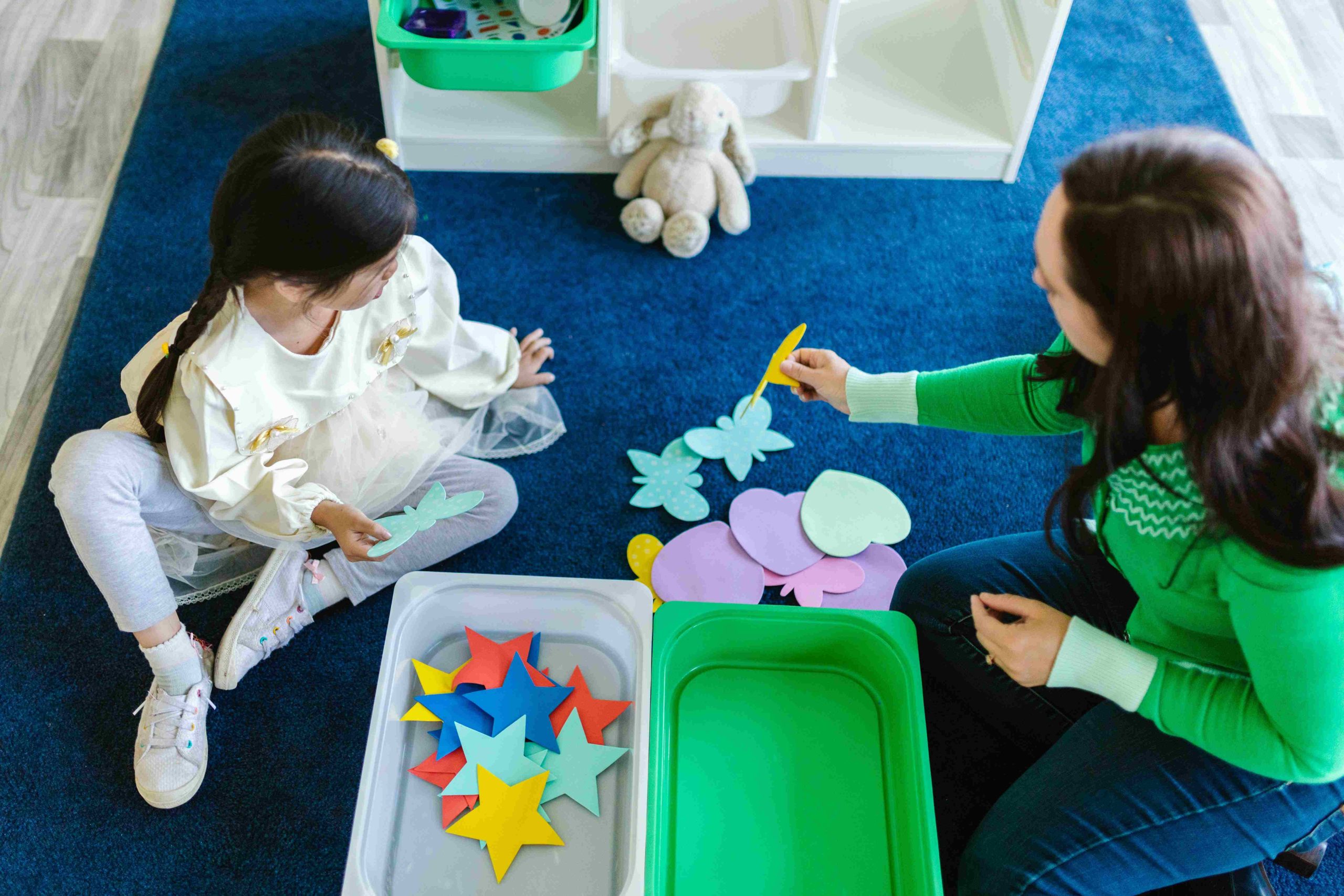
Navigating Preschool Assessment Reports: Documenting Your Child’s Educational Progress
Introduction
Parents play a crucial role in monitoring their child’s educational journey, especially during the preschool years. Regular preschool assessments provide valuable insights into a child’s development and help identify areas for additional support or enrichment. In this article, we’ll guide you through the process of writing a preschool assessment report that accurately reflects your child’s educational progress.
Understanding the Purpose of Preschool Assessment Reports
Preschool assessment reports offer a comprehensive overview of a child’s development in various areas, including cognitive, social-emotional, and physical domains. By identifying strengths and weaknesses, these reports facilitate the creation of tailored plans for continued growth and development.
Gathering Information
Start by gathering observations from preschool teachers, notes from parent-teacher conferences, and relevant documentation from medical or therapy reports. Comprehensive data ensures the accuracy of the assessment report.
Identifying Strengths and Weaknesses
Review your child’s performance objectively, focusing on areas such as language development, motor skills, and social-emotional growth. Concrete evidence should guide the identification of weaknesses.
Writing the Assessment Report
When writing the report, maintain clarity, conciseness, and objectivity. Begin with an overview of your child’s progress, highlighting strengths and weaknesses with specific examples and observations.
Creating a Plan for Continued Growth
Develop a plan for your child’s continued development, incorporating specific goals and interventions. Collaboration with teachers ensures that the plan addresses your child’s individual needs effectively.
Addressing Challenges in the Assessment Process
Cultural or linguistic barriers may pose challenges in accurately assessing a child’s progress. Open communication with teachers and advocating for your child’s needs are essential for overcoming these obstacles.
Collaboration with Teachers and Professionals
Working closely with teachers and other professionals provides valuable insights and ensures a comprehensive assessment. Consider involving speech therapists or occupational therapists for a more tailored approach.
Importance of Parental Involvement
Parental involvement is crucial throughout the assessment process. Attend conferences, review reports, and provide feedback to support your child’s educational journey effectively.
Utilizing Assessment Reports for Educational Decisions
Assessment reports inform educational decisions, guiding whether additional support or progression to the next level is appropriate. They serve as a valuable tool for ensuring your child’s educational needs are met.
Embracing the Educational Journey
While assessment reports are essential, it’s vital to embrace your child’s unique educational journey. Collaborate with educators and advocate for your child’s needs to ensure they thrive.
Tips for Effective Reporting
Be specific, avoid jargon, maintain objectivity, highlight strengths, and provide actionable recommendations for effective reporting.
Collaboration and Communication
Collaboration and communication between educators and parents are crucial for creating comprehensive assessment reports that reflect a child’s experiences accurately.
Addressing Diversity
Recognize and address cultural and linguistic diversity to ensure assessment tools and reports are inclusive and accessible to all families.
Supporting Continued Development
Assessment reports should support a child’s ongoing growth and development, providing guidance for tailored interventions and strategies.
The Role of Technology
Technology can enhance assessment processes but should supplement rather than replace human interaction. Ensure privacy and accessibility when utilizing digital tools.
Ethics and Accountability
Maintain ethical standards and accountability in assessment practices, ensuring reports are based on valid tools and respect confidentiality.
Impact on Early Childhood Education
Preschool assessment reports influence curriculum development, individualized instruction, and policy decisions in early childhood education, emphasizing the importance of holistic assessment approaches.
The Future of Assessment Reports
Future assessment reports will integrate technology while focusing on individualized instruction and comprehensive assessment methods to support every child’s development effectively.
Conclusion
Writing a preschool assessment report requires attention to detail, collaboration, and effective communication. By following best practices, educators can create reports that support a child’s growth and development comprehensively.


